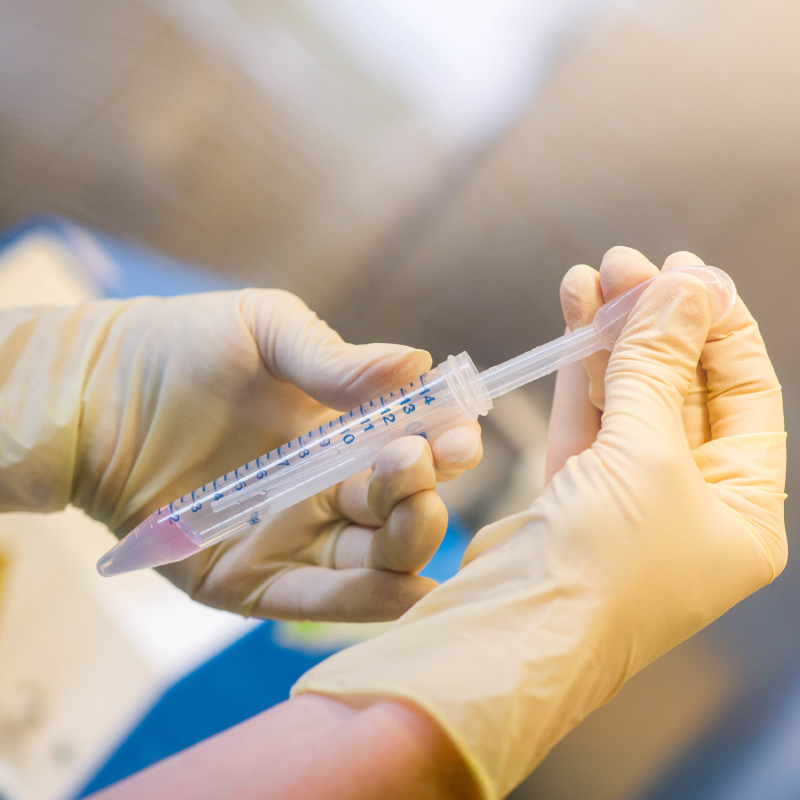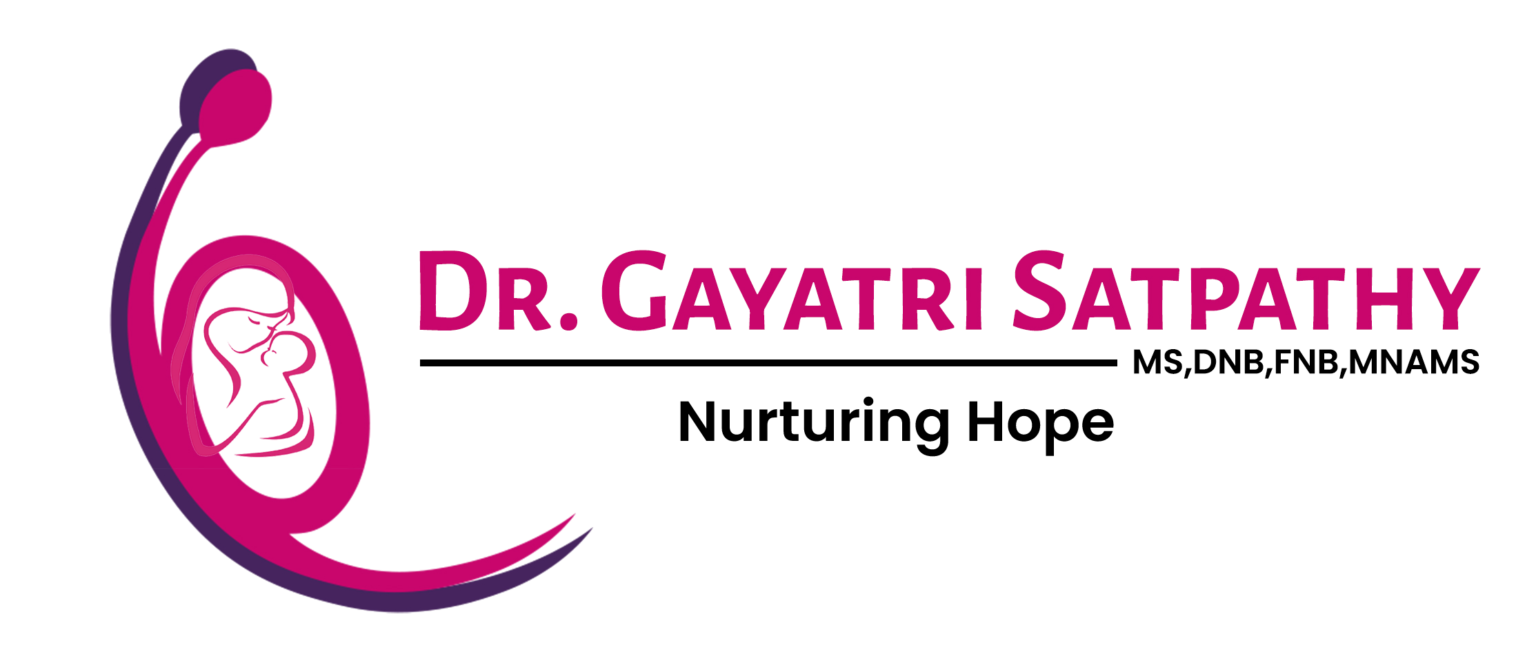ICSI is a procedure in which a selected sperm is injected into the oocyte so as to overcome the limitations that conventional IVF faces with poor semen samples and deficiencies in the interaction between the sperms and eggs.
Who are treated with ICSI?
ICSI can be performed for all the recommendations mentioned for IVF. However it is especially recommended in the following situations:
- Low sperm concentration or motility
- Testicular retrieved sperms
- Very few eggs retrieved from female partner
- Previous fertilization failure using conventional IVF
- Couple requiring PGT
- Eggs containing thick zona
What are the steps of ICSI treatment?
- Couples need to be evaluated with blood tests, ultrasound, and semen analysis. Medical and surgical history is taken. Previous treatment cycles are studied. Depending on the couple’s history, ovarian reserve, female partner age and the semen analysis report personalized treatment plan is formulated.
- Stimulation of ovaries: Medications are given to the female partner to stimulate the ovaries to develop several follicles that contain the eggs. The response to the medications is monitored with the help of blood tests and ultrasound. Once the follicles reach a desired size an injection (trigger injection) is given to mature the eggs that are growing within the follicle.
- Egg Retrieval Procedure (Ovum pick-up) Matured eggs are removed from the ovaries trans-vaginally under General anaesthesia to reduce pain and discomfort. This takes about 15-20 minutes and patient is rested for 2-3 hours after which she can go home. Occasionally some patients may have some vaginal spotting and little abdominal discomfort which settles in a day or two.
- Intracytoplasmic sperm injection: A fresh semen sample is collected from the male partner on the day of egg collection (ovum pick-up). The semen sample is processed in the lab. The best sperms are chosen under a very high power microscope and directly injected into the egg at advanced micromanipulation station within the lab. The next day the eggs are examined in the lab for their fertilization and their further development to embryos.
- Embryo transfer This is performed after 3-5 days of egg collection. This procedure is carried out by transferring the embryo through the cervix into the uterus via a thin, soft plastic tube guided by ultrasound. After the transfer the patients are given a course of medication to support the early pregnancy.
- Confirmation of Pregnancy test This test is done after two weeks of embryo transfer to confirm pregnancy. If the test is positive an early pregnancy ultrasound is advised.
- What are the precautions to be taken after an ICSI treatment?
All vigorous exercise, heavy lifting and any activities that involve jarring movements (cycling, jogging, skiing, tennis etc.) are to be avoided while normal routine activities are allowed. If you are working you can go back to work after a rest of 2 to 3 days and continue to do your day to day activities as usual. Bed rest is usually not advised.


